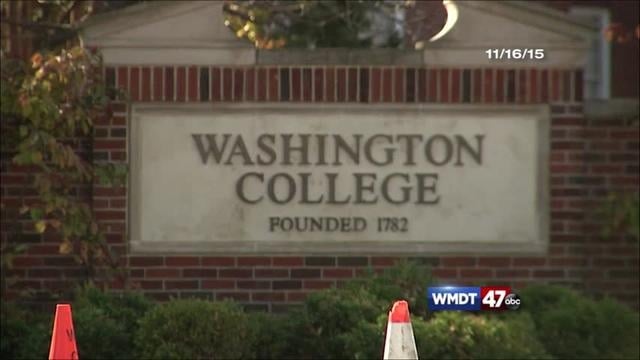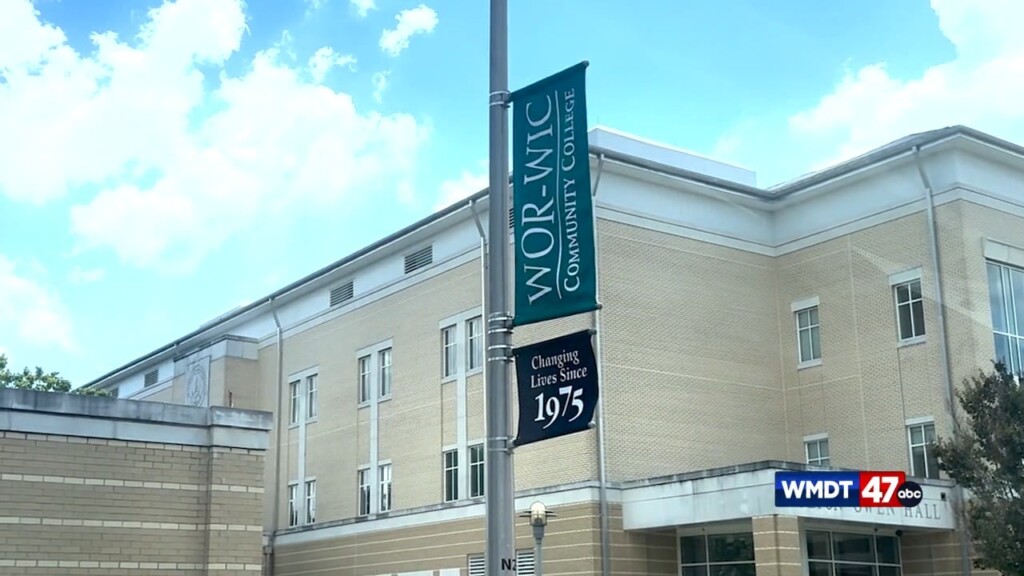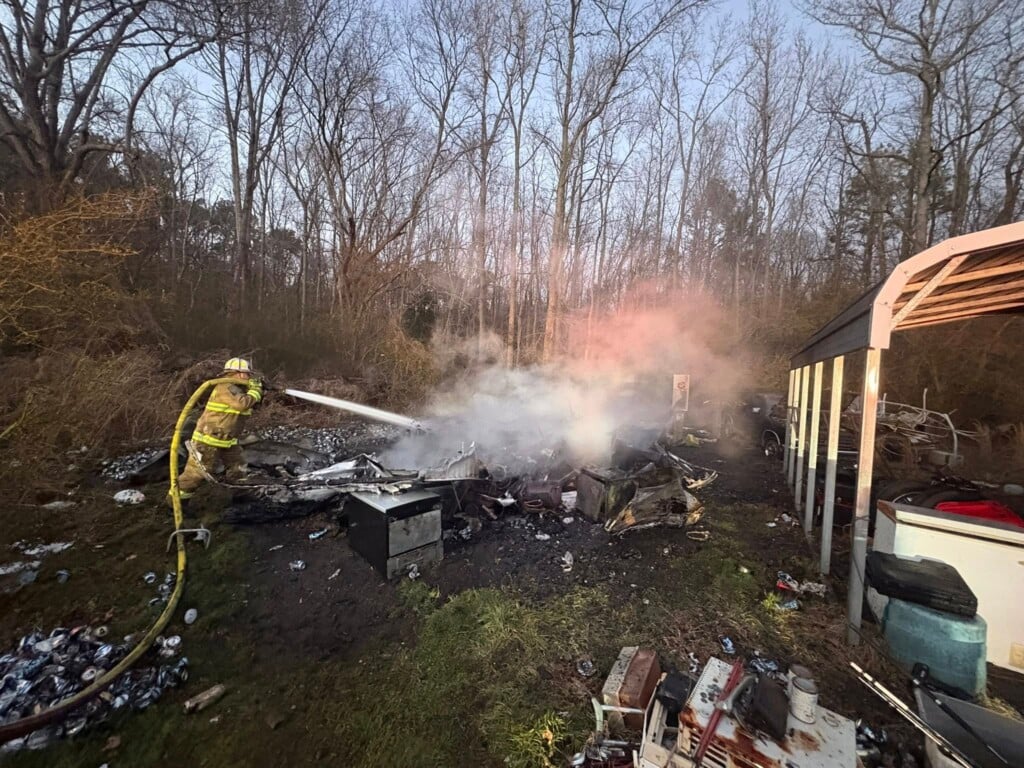Del. legislature passes bill to clarify protections for Cape Henlopen State Park
LEWES, Del. – Delaware’s Senate passed Senate Bill 6 on Tuesday afternoon. It now heads to the House. The legislation aims to preserve Cape Henlopen State Park forever.
Preserving Rich History
Cape Henlopen State Park has been legally protected for longer than the United States has existed. As it rounds its 350th birthday, and after talks of development, advocates say concerns about commercialization linger.
“This is a very, very special place. And, it’s so special that it is unique on the East Coast,” said Lewes resident and professor emeritus of the University of Delaware, Joseph Pika.
Cape Henlopen State Park’s legal protections began in the winter of 1862-1863. William Penn made a land grant, stretching from what is now the Roosevelt Inlet, to Cape Henlopen, to Rehoboth Beach.
“Over time, that land was used in common by the residents of Lewes, and the residents of Sussex County. That was the intent,” said Pika.
In 1787, the State of Delaware entered the Union, and became responsible for the land. The City of Lewes was given administrative responsibility.
Flash forward to 1972; a court case challenged how the City should oversee and use the land. The resulting ruling lead to a law being passed by the Delaware General Assembly in 1979, establishing guidelines for Warner Grant Trust lands. It was then that the Delaware Department of Natural Resources and Environmental Control (DNREC) became the land’s trustee.
“There needs to be a refresh,”
That brings us to today. “Every once in a while, there needs to be a refresh of the expectations of a public land trust of this nature,” said SB6 sponsor, Senator Russ Huxtable. “We are making some modest, but important, clarifications to the 1979 Warner Grant Trust lands legislation.”
Sen. Huxtable says the idea of his legislation is to bring Cape Henlopen State Park back to its three, original, and guiding principles; conservation, public recreation, and nature education. It also comes after residents raised concerns over proposed development on park grounds.
Restaurant Proposal Sparks Controversy
Last year, a proposal to build an eatery near the Senator David B. McBride Beach Bathhouse raised controversy.
“There was a sudden mobilization of grassroots activists, who were concerned about the future of the park,” said Pika. “It was to be a bar and restaurant, built on the dunes, that of course, the public is prevented from walking on because they are sensitive.”
Pika, and other residents, felt that word on the project came at short notice, and didn’t make much sense for the park.
“This park is a carry in, carry out park. You’re not supposed to generate trash. There are no trash receptacles in the park for the public to use,” said Pika. “There was going to be late-night activity, people driving around the park, that’s supposed to close at dusk. That is the hour that’s posted for the park. There was concern about commercialization, about impact on wildlife, impact on the natural setting of the park.”
Concerned citizens showed up to voice their opposition in force; more than a thousand locals attended a public meeting at Cape Henlopen High School, asking for plans to be halted.
“Of the 62 speakers, 61 spoke against the proposal,” said Pika. “There was not unanimous, but I would say virtually unanimous opposition to this proposal. People just don’t want to see the park commercialized.”
DNREC announced in December of 2022 that the agency and La Vida Hospitality would not be moving forward with the project.
Clarifying Guidelines
However, Sen. Huxtable says the purpose of SB6 is to prevent that kind of proposal from happening again.
“This was never intended to prohibit the park from what they have been doing,” said Sen. Huxtable. “It wouldn’t inhibit the rehabilitation of existing facilities, such as the McBride bathhouse, or the rehabilitation of the fishing pier… There’s a grandfather clause, saying these things [like sports camps and fishing tournaments] that were done before January 1st of this year, it has been good and there should be no issues with it moving forward.”
Looking Ahead
Sen. Huxtable says protecting Cape Henlopen State Park isn’t just important for the now; it’s also a way to honor the past, and ensure the park’s presence for future generations.
“You get that little goosebump feeling when you’re working on something that was originally a grant trust from William Penn,” said Sen. Huxtable. “This is what our oath is about; protecting our rich, cultural, historic areas for our future.”
SB6 will take effect with Governor John Carney’s signature, and has no fiscal note. Sen. Huxtable says he’s excited about what lays ahead for Cape Henlopen State Park, with this clarified protections.
“If you want tranquility and peace, you come to Cape Henlopen State Park, and you get to experience the nature,” said Sen. Huxtable. “It’s just a special place that just provides that peace. It’s so close, it’s so broad, and you can get away from it all. But, you still have modern amenities.”


